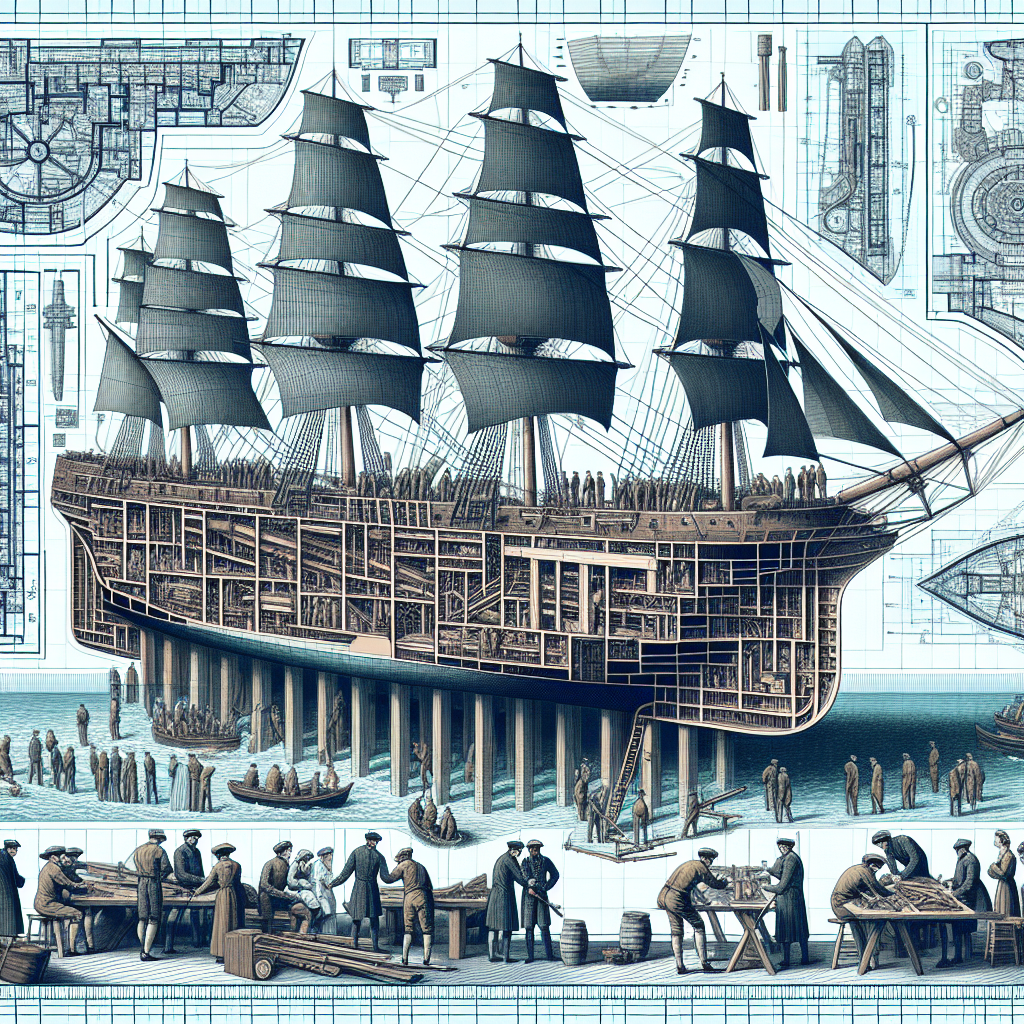Reviving U.S. Shipbuilding: Tariffs and Maritime Strategy
The Trump administration announced plans to exempt domestic exporters and vessel owners from port fees on China-built ships, aiming to boost U.S. shipbuilding and counter China's maritime influence. The policy revisions address industry concerns while signaling economic and strategic tensions between the U.S. and China.

In a move signaling a strategic push against China's maritime influence, the Trump administration announced on Thursday exemptions from port fees for domestic exporters and vessel owners operating in the Great Lakes, the Caribbean, and U.S. territories. The revised policy, released by the U.S. Trade Representative, aims to invigorate U.S. shipbuilding.
The announcement comes amid rising concerns within the global shipping industry about the financial impact of initially proposed fees on China-built vessels, which could have driven up U.S. export prices and import costs. The protective measures are seen as a necessary step toward reviving American shipbuilding, despite escalating trade tensions with China.
The USTR's plan also includes phased-in fees based on ship tonnage and container count, introducing competitive pressure on Chinese shipbuilders. The strategic exemptions are positioned both as a safeguard for domestic operations and a potential boost for the U.S. naval industry.
(With inputs from agencies.)
ALSO READ
Visa Revocations Surge Under Trump Administration: Over 100,000 Recalled
Fed Under Fire: Trump Administration's Pressure Campaign on Jerome Powell
Navigating the Red Sea: A New Era for Global Shipping Routes
Fed Leaders Unite Against Trump Administration's Investigative Actions
Legal Showdown: Wind Power vs. Trump Administration










